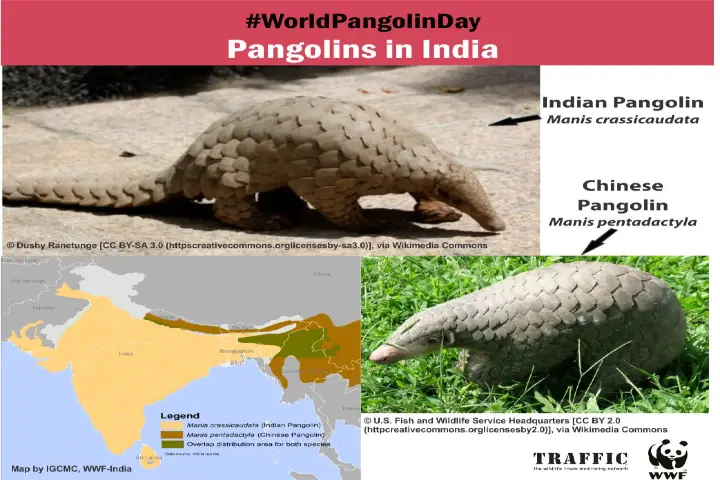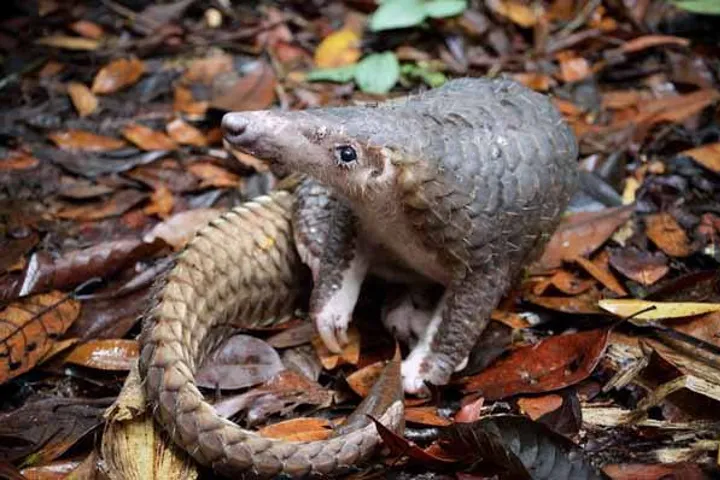Determined to save the world’s most-trafficked pangolin species in the Nallamala Nagarjuna Sagar-Srisailam Tiger Reserve located in Telangana and Andhra Pradesh, the forest department officials have joined hands with a non-government organisation Eastern Ghats Wildlife Society.
Officials of the Department in tandem with EGWS staff will undertake a comprehensive survey of the pangolin species and also study varied aspects connected with their protection and conservation.
This is the second such survey on Indian pangolins and it will be for a duration of two years and will include creating awareness among the people and training them; initiatives to protect them while finding out more about their habitat in the region; their lifespan, their diet and whether they live in pairs or not among other issues.

Among the eight pangolin species in the world, there are two in India — Indian Pangolin found in south India and the Chinese Pangolin found in north and north-east parts of India. Both are endangered and protected under an international treaty.
These nocturnal mammals are covered with scales and are about the size of a medium house cat. Shy by nature, they don’t have teeth and curl up into a roll ball as a means of self-protection. They live in burrows dug with the sharp nails on their strong front legs and their diet includes ants, termites and various larvae including the bee larvae, worms and flies.
This video of a pangolin mom with her baby melts our hearts.
Pangolins are the world’s most trafficked creature. But brave people step up the fight for conservation, in India 🇮🇳 and elsewhere.— Erik Solheim (@ErikSolheim) April 1, 2021
These creatures are heavily trafficked as they are used in traditional medicines and for their meat which is considered delicacy in China, Indonesia and Vietnam.
These mammals are critical for the ecology and their disappearance could spell disaster for the environment. The International Union for the Conservation of Nature has declared February 15 as the World Pangolin Day.




















